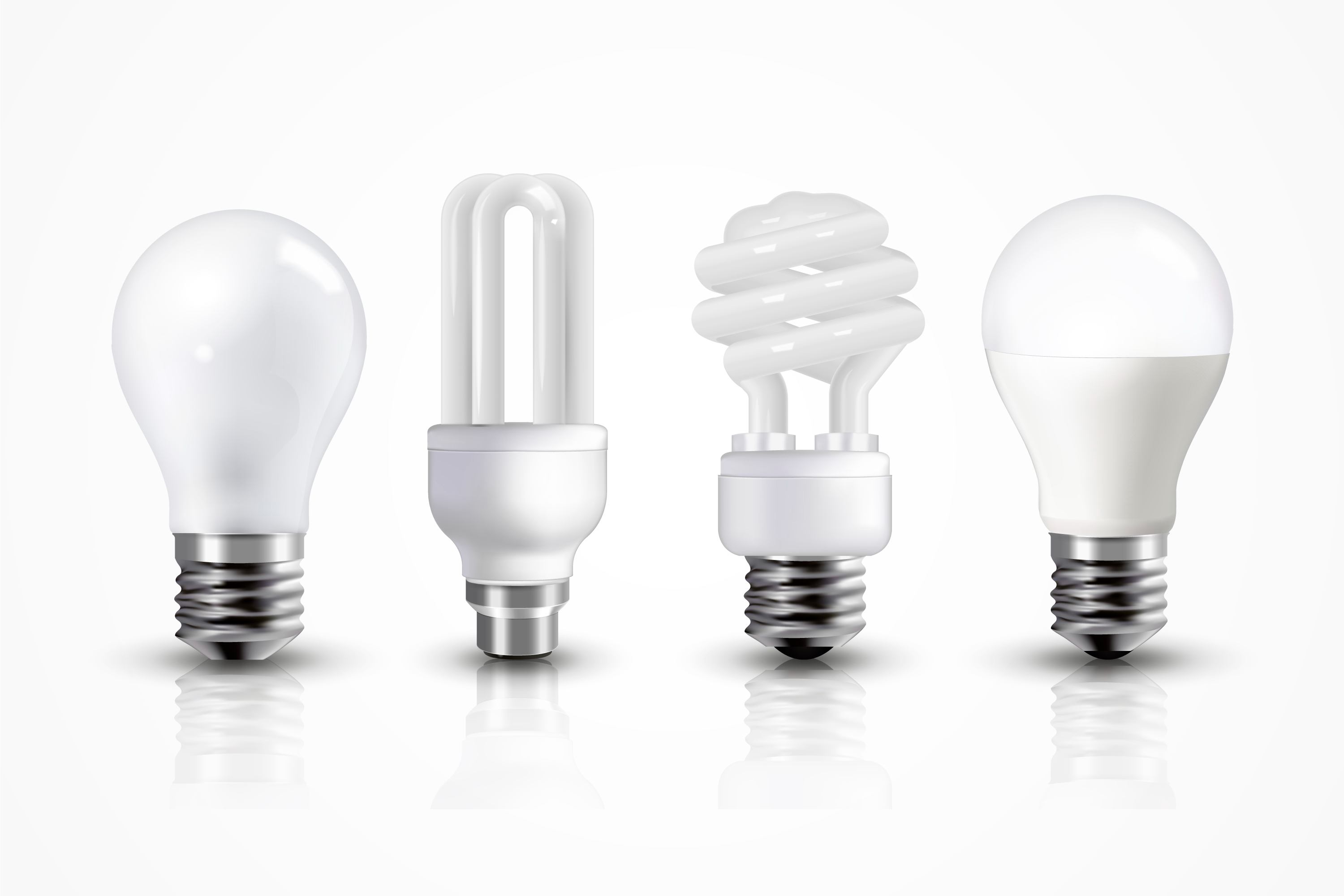Emergency Certified Electricians in Dallas, TX.
Call this Wednesday to Get 10% OFF
Emergency Certified Electricians in Dallas, TX.
Call this Wednesday to Get 10% OFF

Light bulbs come in various shapes, sizes, and types, serving diverse purposes in our homes and workplaces. Whether you're stocking up during a sale or just want to keep spare bulbs on hand, proper storage is crucial to maintaining their longevity and efficiency.
When it comes to storing light bulbs, the first step is selecting an appropriate storage location. Opt for a cool, dry place that is not susceptible to extreme temperatures or humidity. Exposure to moisture or temperature fluctuations can compromise the performance and lifespan of your light bulbs.
The original packaging of light bulbs is designed to protect them during transportation and storage. Whenever possible, store bulbs in their original packaging. This safeguards them from dust, breakage, and other potential hazards. Additionally, the packaging often includes important information about the bulb, such as its wattage and lifespan.
Light bulbs, especially those with sensitive coatings or materials, should be shielded from direct sunlight. Prolonged exposure to sunlight can cause discoloration and damage, impacting the bulb's functionality. Store light bulbs in a dark or shaded area to maintain their integrity.
Different types of light bulbs have varying storage requirements. For instance, LED bulbs are more durable than traditional incandescent bulbs but can still be affected by external factors. Keep LED, CFL, and incandescent bulbs in separate containers to prevent any accidental damage or cross-contamination.
To streamline the process of finding the right light bulb when needed, label storage containers with the bulb type and wattage. This simple organizational step can save you time and ensure you select the appropriate bulb for replacement.
Periodically inspect stored light bulbs for any signs of damage, such as cracks, broken filaments, or discolored coatings. If you notice any issues, discard the damaged bulb to prevent it from affecting nearby bulbs or causing electrical problems.
If you have specific concerns about the storage of a particular type of light bulb, it's advisable to consult with an electrician at Mr. Electric. Electricians possess expertise in electrical systems and can provide valuable insights into the proper storage conditions for different types of bulbs. They can also offer advice on electrical lighting replacements if needed.
Light bulbs, especially CFLs and LEDs, have a limited lifespan. When bulbs expire or fail, dispose of them responsibly. CFLs, for example, contain small amounts of mercury and should be recycled appropriately to minimize environmental impact.
Properly storing light bulbs of all kinds is a simple yet crucial aspect of maintaining a well-functioning lighting system in your home or workplace. Remember, when in doubt, seek professional advice from an emergency electrician for optimal bulb storage practices and to address any electrical repair service or lighting replacement needs.